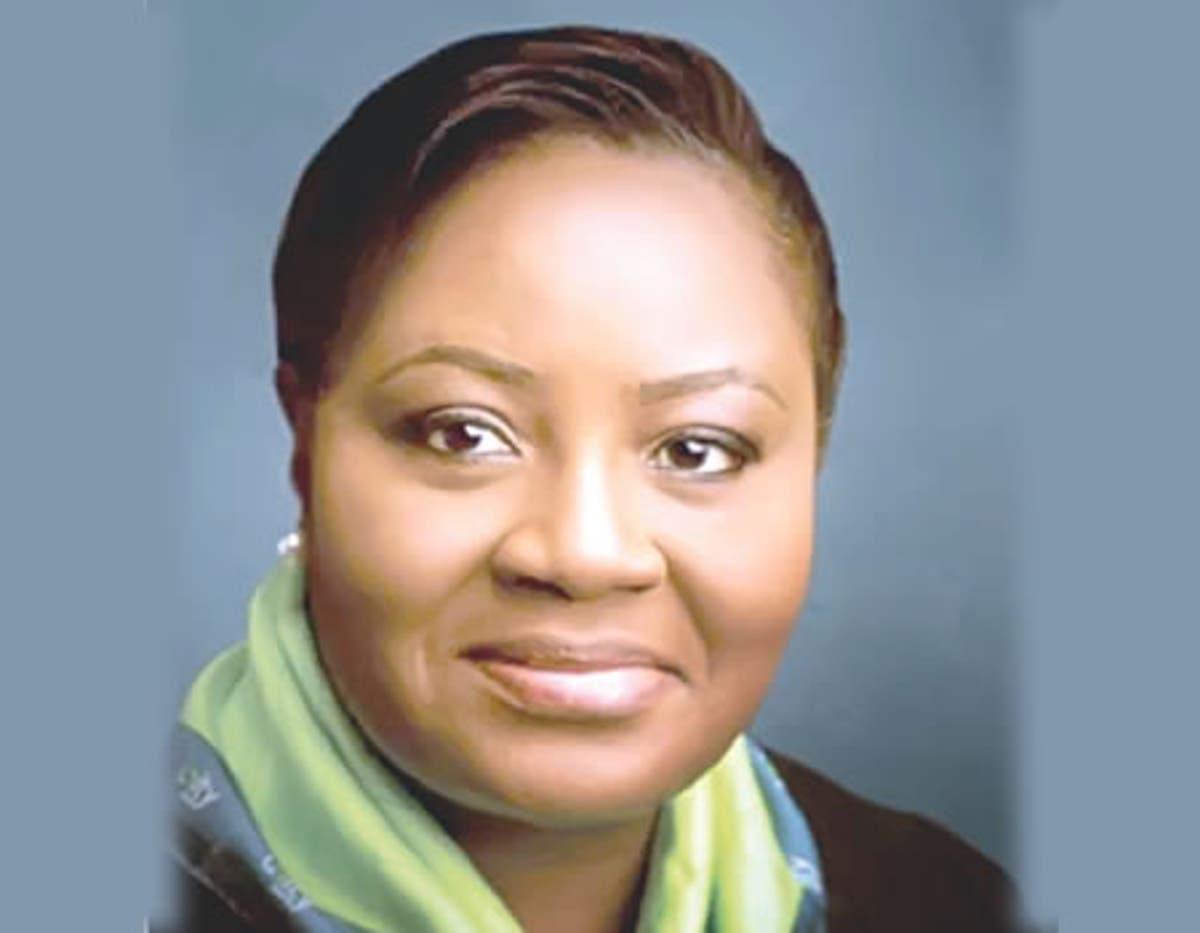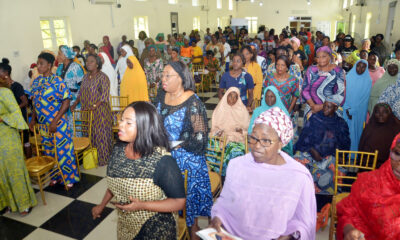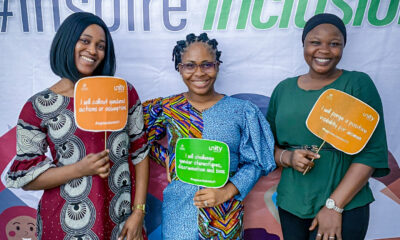Having sponsored no fewer than 900,000 smallholder farmers in rice production across the federation to benefit from CBN’S intervention fund under the Anchor Borrowers Programme, Unity Bank Plc has partnered the launching of Ekiti Rice Pyramid Project in South-West Nigeria held recently.
The launch is a follow-up to the unveiling of the Rice Pyramid earlier in the year at Kebbi State, for the Northwest and Gombe State in the Northeast.
Over 278 metric tonnes of rice paddy were on display at the event attended by several stakeholders in the rice production value chain including the Ekiti State Governor Kayode Fayemi and CBN Governor Godwin Emefiele.
Unity Bank said it provided additional funding to 500,000 rice farmers across Nigeria in the wet and dry season farming in 2020.
Reflecting on the impact of the funding interventions for the rice farmers since the launch of the Anchor Borrowers Programme, the Managing Director of Unity Bank Plc, Mrs. Tomi Somefun, recalled that through the strategic partnership with them, the Bank financed about 273,000 smallholder farmers at the onset of the programme, which was then the largest single-ticket transaction in any CBN intervention programme in the agricultural sector.
She said that in 2019, the bank followed up with the financing of additional 146,810 smallholder rice farmers for the wet and dry season farming activities, cutting across 35 States of the Federation and the (FCT).
The Bank sustained the momentum in 2020 by extending additional funding to over 500,000 smallholder farmers in 2020 wet and dry season farming activities, in furtherance of the Bank’s commitment towards supporting rice farmers.”
Represented by the Regional Manager, Southwest, Adenike Abimbola, Somefun commended the Central Bank for sustaining the Anchor Borrowers’ Programme initiative, adding that it is imperative to boost food production and attain self-sufficiency in food production in the country.
She also enjoined the rice farmers to utilize their inputs judiciously and continue to show commitment to the government’s agenda of driving food security through rice production.
She said, “We urge the beneficiaries of the Intervention Programme to utilize the inputs judiciously and ensure the sustainability of the Programme by repaying their loans.”
“They should appreciate the efforts of the Government in attaining food sufficiency, diversification of the economy from oil, job creation for the teeming youth and poverty reduction. We also advise our farmers to imbibe good agricultural practice as it has been established that doing so would enhance yield and greatly increase farmers’ incomes.”
She added, “We remain optimistic that RIFAN under the able leadership of the National President, Alhaji Aminu Goronyo, will continue to educate its members on their roles and responsibilities under the ABP.
“Unity Bank is fully committed to its partnership with RIFAN to support the programme. This commitment will ensure the attainment of FGN/CBN’s target of meeting self-sufficiency in food production and through it, national security.”
Recall that Unity Bank announced recently that it would support an additional 120,000 smallholder maize farmers in the 2021 wet season farming under the Anchor Borrowers’ Programme.
The Bank has gained a reputation for its agric financing in the country, especial for its role in facilitating the Nigerian government’s intervention in the agric sector through the Anchor Borrowers’ Programme.


 Forex3 weeks ago
Forex3 weeks ago
 Naira2 weeks ago
Naira2 weeks ago
 Billionaire Watch2 weeks ago
Billionaire Watch2 weeks ago



 Naira3 weeks ago
Naira3 weeks ago






 Naira2 weeks ago
Naira2 weeks ago




 Naira1 week ago
Naira1 week ago




 Naira4 weeks ago
Naira4 weeks ago






 Naira1 week ago
Naira1 week ago























